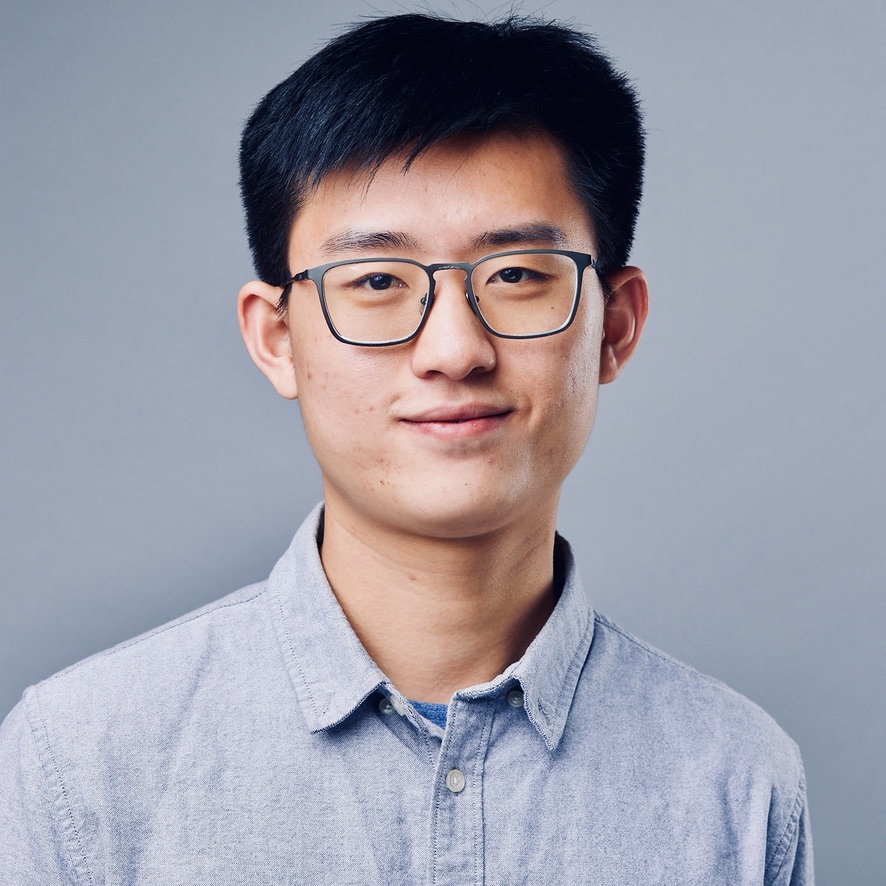Upcoming Events
IC Spring Seminar Series with Guest Speaker Shunyu Yao

Abstract
Large language models (LLMs) have revolutionized natural language processing, but they are trained to generate text, not to act or interface with the world. In this talk, I will introduce “language agents”, a new kind of autonomous agents that I helped invent to ground LLMs for sequential decision-making in various digital and physical environments. First, to develop language agents, I will talk about my methods that connect LLM reasoning to three fundamental concepts for autonomous agents: acting (ReAct), learning (Reflexion), and planning (Tree of Thoughts). These connections empower language agents to adapt and generalize to various new environments in ways previously unattainable by traditional agents, and also augment LLM reasoning to be more grounded and deliberate. Next, to evaluate language agents, I will discuss my work in initiating a new type of AI benchmarks based on large-scale, real-world digital applications, such as online shopping (WebShop) and software engineering (SWE-Bench). Solving these tasks presents great challenges for today’s language models and agents, while providing tremendous opportunities for automating tedious digital labor and improving our life. Lastly, I will connect today’s language agents to the classical research of Cognitive Architectures, and present a theoretical framework to make sense of the recent empirical progress and point out future directions toward more general-purpose language agents.
Bio
Shunyu Yao is a final-year PhD candidate and Harold W. Dodds Fellow at Princeton University, advised by Karthik Narasimhan. His research takes interdisciplinary inspiration from natural language processing, reinforcement learning, and cognitive science, and has contributed to the establishment of language agents, a new type of autonomous agents based on large language models. His works such as ReAct and Tree of Thoughts have been recognized as orals at ICLR and NeurIPS, with widespread impact across academia and industry. Previously, he graduated from Yao Class at Tsinghua University, and researched at Google, Microsoft, and MIT.
Event Details
Media Contact
EVENTS BY SCHOOL & CENTER
School of Computational Science and Engineering
School of Interactive Computing
School of Cybersecurity and Privacy
Algorithms and Randomness Center (ARC)
Center for 21st Century Universities (C21U)
Center for Deliberate Innovation (CDI)
Center for Experimental Research in Computer Systems (CERCS)
Center for Research into Novel Computing Hierarchies (CRNCH)
Constellations Center for Equity in Computing
Institute for People and Technology (IPAT)
Institute for Robotics and Intelligent Machines (IRIM)